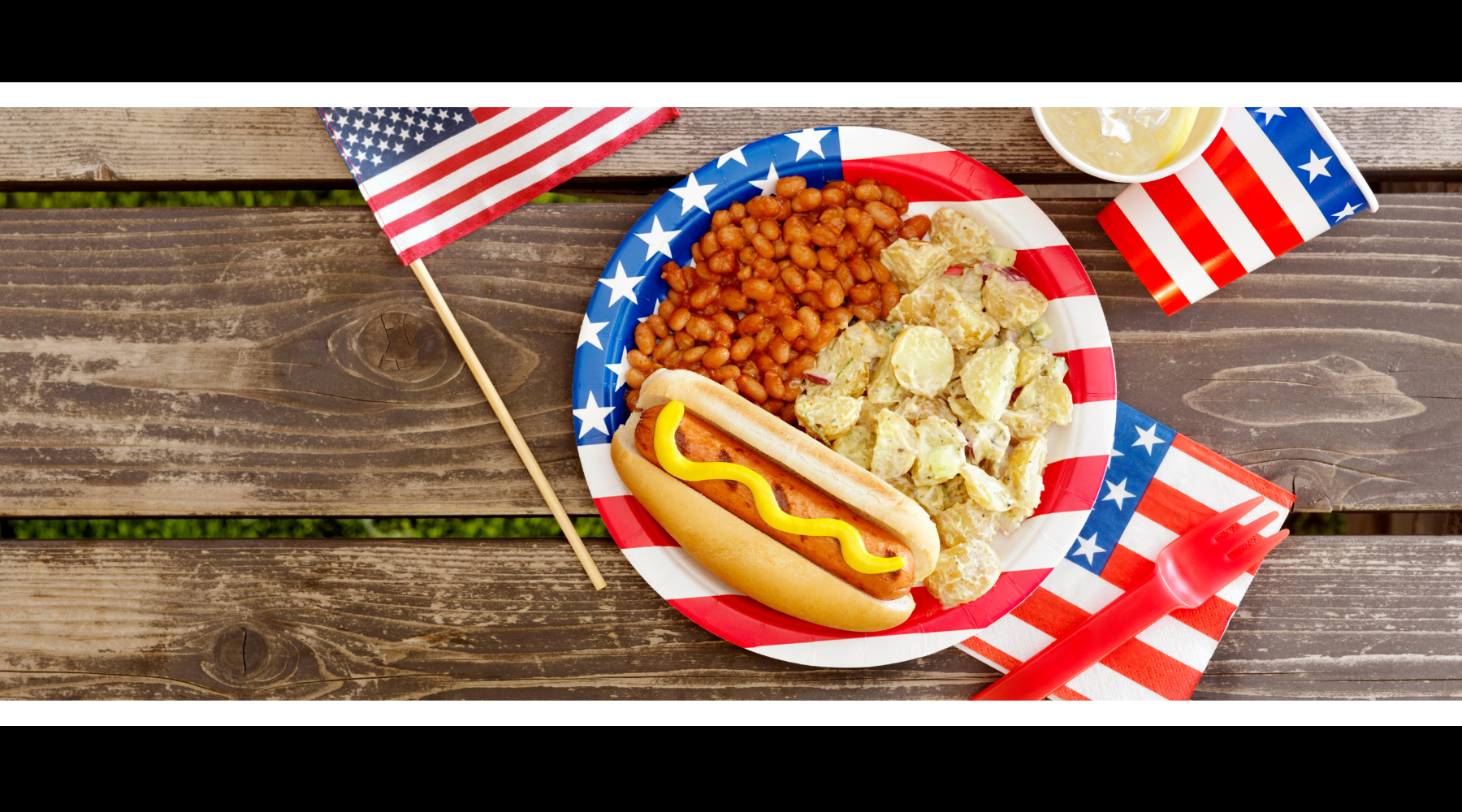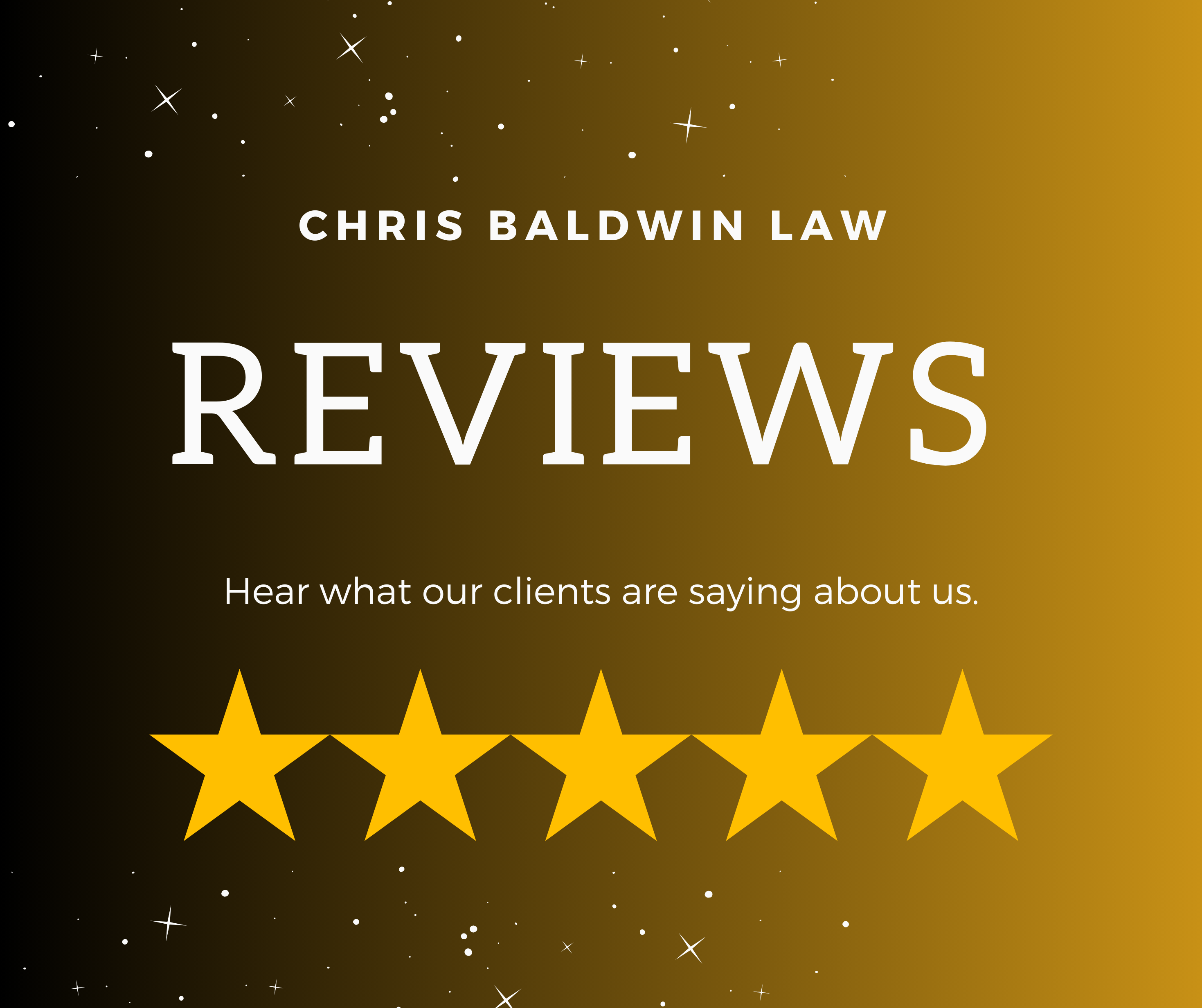The 4th of July is a time for celebration, and one of the most popular ways to celebrate Independence Day is by hosting a BBQ. However, while it’s a time for fun, it’s also important to understand the legal responsibilities and safety measures required to host a safe and legal BBQ. This blog post will provide essential tips to help you navigate the potential pitfalls of hosting a 4th of July BBQ, ensuring that your event is both enjoyable and compliant with local laws.
Understanding Liability as a Host
When you host a BBQ, you assume certain legal responsibilities for the safety of your guests. Liability means you could be held legally responsible if a guest is injured or causes harm to others while at your event. This can include anything from slips and falls to more serious incidents. It’s crucial to be aware of local laws and regulations regarding hosting events. By understanding your liability, you can take proactive steps to mitigate risks and ensure a safe environment for everyone.
Ensuring a Safe Environment
Creating a safe environment for your BBQ starts with a thorough inspection of your venue. Check for potential hazards such as uneven ground, loose steps, or obstructive objects. Proper setup of BBQ equipment is essential; ensure your grill is in good working order and placed on a stable, non-flammable surface. Food safety is another critical aspect: store perishable items correctly, cook meats to the recommended temperatures, and avoid cross-contamination by using separate utensils and cutting boards for raw and cooked foods. Additionally, provide plenty of shade and hydration options to prevent heat-related illnesses.
Managing Alcohol Consumption
Serving alcohol at your BBQ comes with its own set of legal responsibilities. Over-serving guests can lead to accidents or even legal trouble, especially if someone decides to drive afterward. Manage alcohol consumption by setting reasonable limits, offering non-alcoholic beverages, and having a designated bartender if possible. Encourage guests to use rideshare services or designated drivers to get home safely. Remember, as the host, you could potentially be held accountable if an intoxicated guest causes harm to themselves or others.
Fireworks Safety & Legal Considerations
Fireworks are a quintessential part of 4th of July celebrations, but they come with significant risks and legal restrictions. Before purchasing fireworks, check your local laws to ensure they are legal in your area. Use fireworks safely by following the instructions, keeping a safe distance, and never letting children handle them. Have water or a fire extinguisher nearby in case of emergencies. By adhering to local laws and practicing safe handling, you can enjoy fireworks without legal repercussions.
Noise & Neighborly Etiquette
While it’s natural for BBQs to be lively, excessive noise can lead to complaints from neighbors. Be mindful of noise levels, especially if your BBQ extends into the evening. Communicate with your neighbors in advance about your plans to host a BBQ and consider inviting them to join. Setting a reasonable end time for your event can also help maintain good relations with your neighbors. Being considerate of others will not only prevent noise complaints but will also foster a sense of community.

Final Reminders
Hosting a 4th of July BBQ can be a wonderful way to celebrate the holiday with friends and family. By understanding your legal responsibilities and taking proactive safety measures, you can ensure that your event is both enjoyable and compliant with the law.
Here is a recap the key points: ensure a safe environment, manage alcohol consumption responsibly, follow fireworks laws and safety tips, and be considerate of noise levels. With these guidelines in mind, you can host a memorable and incident-free 4th of July BBQ. Enjoy the celebrations safely and legally, making it a day to remember for all the right reasons.
This article is not to be considered as legal advice. If you’ve been injured, don’t hesitate to call Chris Baldwin law. We handle personal injury cases and offer free consultations. Chris will walk with you every step of the way. Click Here to schedule your free consultation. You can also schedule your free consultation simply by calling us at 334-863-4555.
To learn more, check out our article “Who is Liable for a Slip and Fall?” This article addresses who is liable for a slip and fall. Even if you think the fall was your fault, you still might have a viable personal injury claim.






